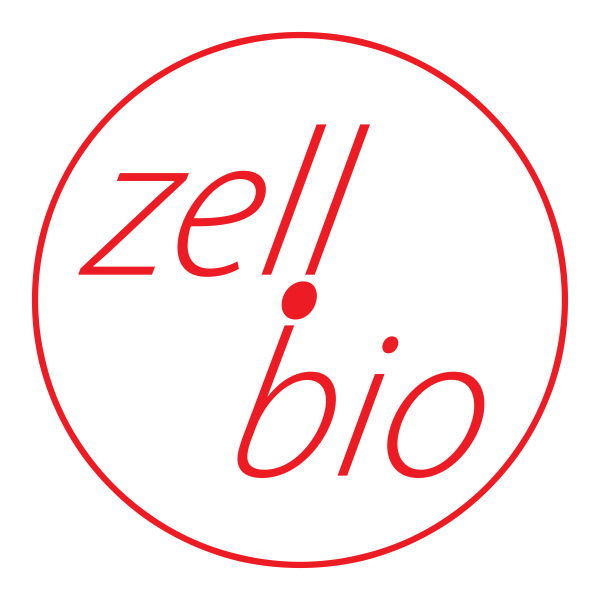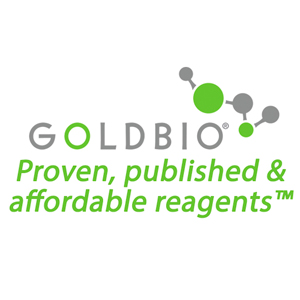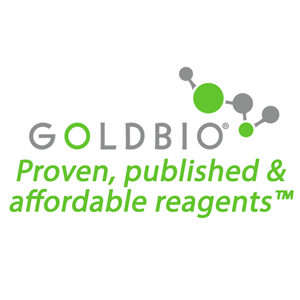Description
Tested and Certified for in vivo imaging (See “Luciferin FAQ” in additional information)
Luciferin is a common bioluminescent reporter used for in vivo imaging of the expression of luciferase. This water soluble substrate for the firefly luciferase enzyme utilizes ATP and Mg2+ as cofactors to emit a characteristic yellow-green emission in the presence of oxygen, which shifts to red light in vivo at 37°C. Through the utilization of ATP, the reaction can be further used to indicate the presence of energy or life in order to function as a life-death stain.
Luciferin is a common reagent used throughout the biotechnology field and specifically for in vivo imaging. Luciferase labeled tumor cells, stem cells or infectious diseases are often inoculated into research animals such as rats or mice for investigation. The injection of luciferin allows for the real-time, noninvasive monitoring of disease progression and/or drug efficacy in these model systems through Bioluminescence Imaging (BLI).
Luciferin is also commonly used for in vitro research, including luciferase and ATP assays, gene reporter assays, high throughput sequencing and various contamination assays.
Firefly Luciferin is identical to Beetle Luciferin. (See “Additional Information” for structures.)
Product Specifications:
D-Luciferin, Sodium Salt monohydrate
4,5-Dihydro-2-(6-hydroxy-2-benzothiazolyl)-4-thiazolecarboxylic acid sodium salt
LUCNA, Proven and Published®
MOLECULAR BIOLOGY GRADE (Premium Pure)
Formula: C11H9N2O4S2Na
MW: 320.32 g/mol
Color: Light yellow powder
Purity: >99% pure (Quality verified by nine independent criteria including HPLC and FTIR.)
Storage/Handling: Store desiccated at -20°C. Protect from light.
PubChem Chemical ID: 23710675
Proven and Published is a Registered trademarks in the U.S. Patent and Trademark Office.
GoldBio Luciferase Assay Buffer
| TMCA Buffer | Final Conc. |
| Tris-HCl, pH 7.8 | 100mM |
| MgCl2 | 5mM |
| Coenzyme A (CoA) (hydrate) | 0.25mM |
| ATP (disodium salt hydrate) | 0.15mM |
For the full recipe and instructions, go to GoldBio’s
Luciferin in vitro Handbook.


